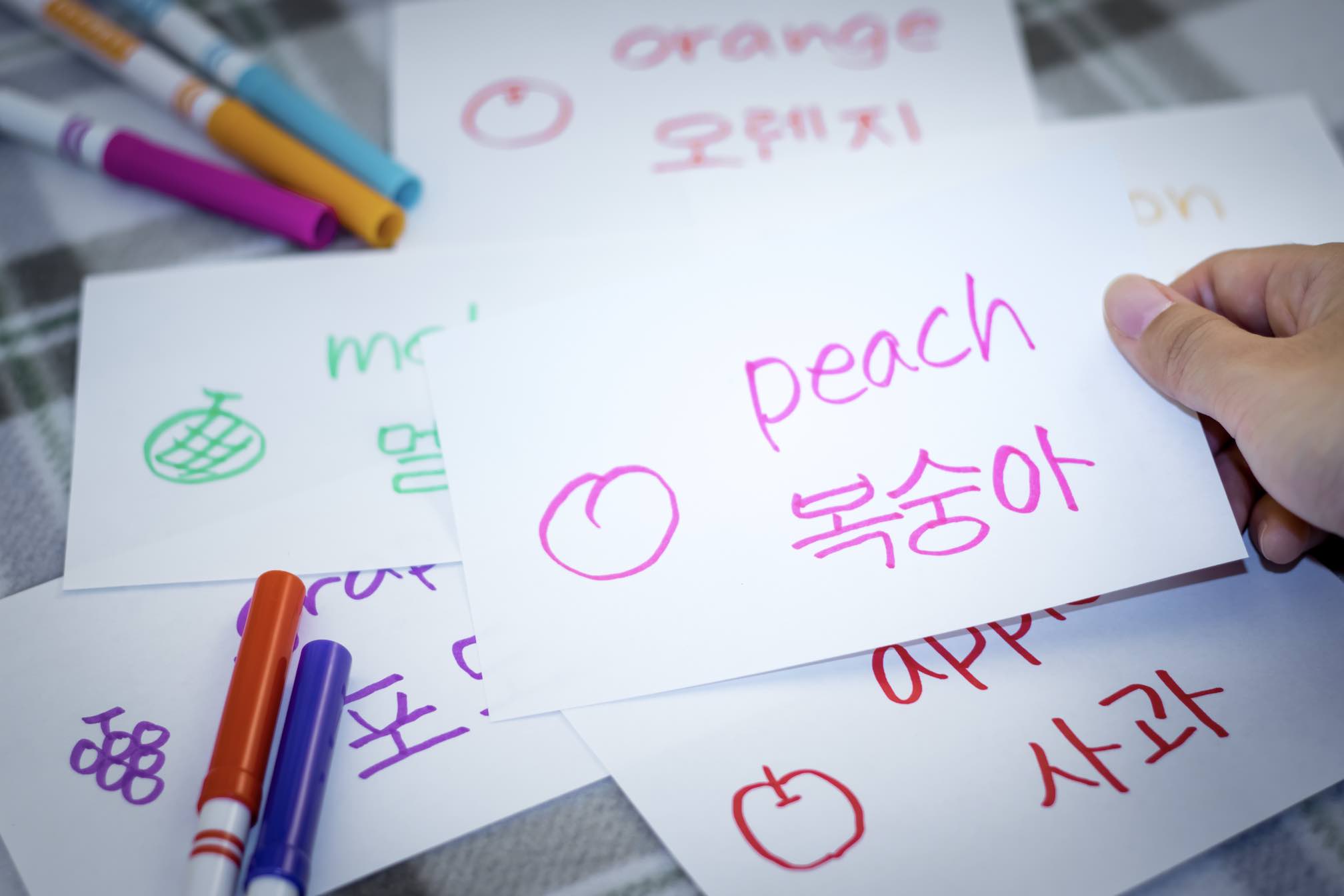There are so many great reasons to consider learning the Korean language. It’s considered one of the languages that can be learned and mastered easily. Once you have learned this language, you can then tap into a network of more than 75 million speakers at your disposal. Thus, it can significantly widen your business prospects. Learning this language can also enhance your experience when travelling to South Korea and fully immerse yourself into their culture, from music to movies.
So, if it’s your first time learning this language or taking a Korean language class, here’s a beginner guide for you:
Take Advantage of Different Resources
When learning a language, it would be best to do your research first by finding several sources that suit your needs or preferences. Look for resources and learning materials that you think will work the best for your learning style. Focus on one subject at a time, whether it’s grammar, listening practice, vocabulary, speaking, or writing. Learn at your own pace and do your best to pick up as much Korean as you can.
One of the most effective ways of learning a language is to befriend a native speaker so you can seek help from them in understanding their language more. Not only can you have a great time with them, but you will also take up many subtleties that you might not obtain from a book. They can help you test your skills instead of practising using language apps, and they can correct your mistakes. If you already live in Korea, this tip will be much easier. You can start by looking for student clubs and classes. Many will be happy to help you.
Be An Active Learner
Even if you have all the resources in the world to learn Korean, you’re still the one responsible for your own learning. Do what you can to study well and track your progress. Set your objectives and schedule your learning tasks to push yourself to study harder. Many people find it beneficial to incorporate learning Korean with an app into their language acquisition endeavors. These can provide you with a bit of structure and motivation while you take in bite-sized lessons. You can even watch Korean movies, series, or music videos to spice up your learning.
Start With The Alphabet And Pronunciation
If you’re a beginner in learning a language, you might want to start with their alphabet; how they are written and pronounced. It’s the foundation of any language, and it gives you knowledge of how words come together.
The Korean alphabet, also known as Hangeul, is composed of 19 consonants and 21 vowels. Aside from the consonants and vowels, there’s an element in the Korean language named ‘Batchim’ in a letter. It refers to the final consonant that comes after every last part of the letter in the word. Another component of the Korean language that you should take note of is the ‘consonant assimilation.’ It’s where the pronunciations of the last consonant in the first letter, and the first consonant of the second letter, get incorporated.
There are also different pronunciations and assimilation rules with Korean consonants. Don’t be intimidated by these pronunciation rules because they will only help you speak comfortably. Remember to learn them one by one, not to overwhelm yourself.
Know The Korean Numbers
Learning the numbers is just as important as learning the alphabet. How else will you know the price of what you’re buying or say how many you want to purchase?
There are two numbering systems in Korean. They are the China System or Sino-Korean, and the Korea System or Native Korean. The former is structured in nature, and it enables you to learn to count to a billion by just learning less than 20 words. However, the former can take a lot of effort and time to learn than the latter. It’s recommended to learn the Sino-Korean numbering system first before proceeding with the native one.
Learn Basic Grammar
Once you’re more familiar with reading the Korean alphabet and your pronunciation is reasonably acceptable, you can now move on to learning the basic grammar. You don’t need to know the in-depth just yet, especially if you’re only trying to learn conversational Korean. If you’re an English native speaker, it may be hard to grasp Korean grammar since the order of the words in a sentence significantly differs.
The main sentence structure they follow is subject + object + verb.
Final Thoughts
Learning the Korean language is easy if you have the dedication to learn, access to the right resources, and time to practice what you have picked up. If you’re interested in learning with a structure, you could enroll in an online Korean course. In this case, you could learn without having to leave where you are. You can further improve your Korean speaking, writing, and listening skills by learning it from native speakers and having conversations with them. Best of luck with your learning journey!








